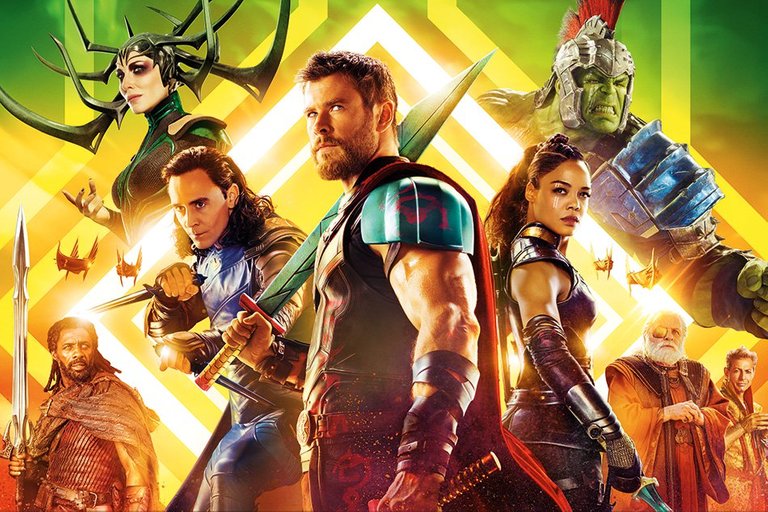Thor: Ragnarok has been a hit with fans largely because of its humor, its heart, and the feeling that it's taking audiences on a fast-paced adventure through the epic fantasy corner of the Marvel Cinematic Universe.
What might be lost beneath the high adventure and good humor is that Thor: Ragnarok is also a reflection on a lot of themes seen in today’s political discourse, and, through Asgard’s ultimate fate, a reminder that borders on a map are never as important as the people who live within them.
At the center of these themes is the villain Hela, who basically just wants to make Asgard great again. Writers Eric Pearson, Craig Kyle, Christopher Yost, and director Taika Waititi took some liberties with the Asgardian god of death’s origin, allowing her to become a representation of the return of nationalism to the political forefront.
Hela is the daughter of Odin, the Allfather of Asgard. She was around when Asgard had dreams of an empire and was willing to achieve those dreams through military conquest and the subjugation of other peoples. It was during this period that, through the use of force, the other nine realms were brought into the fold.
Nobody else in Asgard seems to remember this era because, when things got too bloody, Odin traded conquest for diplomacy as his chief political maneuver and did his best let the Asgardians violent history be forgotten, just like his daughter.
However, the precarious peace that Odin had built falls apart thanks to Loki, who enacts one deception too many in his quest for political power. The death of Odin allows Hela to return and for her to reinstate an “Asgard First” policy in the realm.
And who does Hela choose to be her executioner? Skurge, a working-class Asgardian who wants nothing more than to be recognized and for his life to be given a sense of purpose. The scene in Thor: Ragnarok during which Hela asks Skurge about himself is perhaps the most telling in the film. When Skurge begins telling Hela about how his father worked as a stone mason, she cuts him off quickly. She’s not truly interested in how blue Skurge’s collar is. However, she seizes upon Skurge’s desire to prove himself as a true Asgardian and offers to let him become part of something much larger than himself.

Hi! I am a robot. I just upvoted you! I found similar content that readers might be interested in:
http://comicbook.com/marvel/2017/11/22/thor-ragnarok-politics-nationalism-hela/